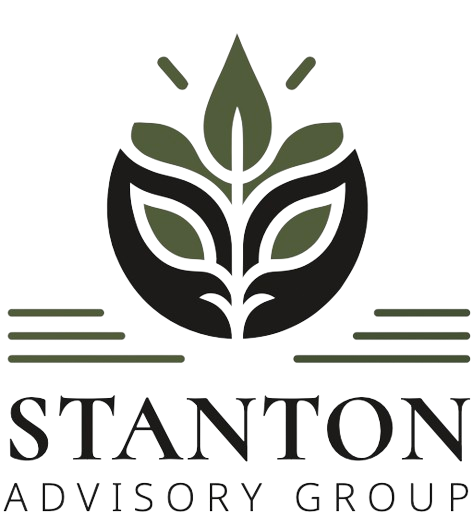As the dust settles from tax season, it's natural to feel a sense of relief. With the rush behind us, it's tempting to let the files gather dust until the next time tax season looms. However, being proactive can ease future anxieties and help maintain your financial zen. This guide covers essential post-tax reminders for those who have filed, those with an extension, and those who need to make quarterly payments—keeping both individuals and businesses on track.
Maintenance for Early Filers
For those who have already crossed the finish line, it’s crucial to circle back to your tax returns. Double-check for any discrepancies and make corrections if necessary to prevent any future trouble. Safely store all supporting documents such as receipts and relevant forms. Proper organization now will be a blessing come next April. A secure digital or physical filing system can save you precious time and reduce stress in the long run.
Planning for Extensions
If you've filed for an extension, the clock is ticking. Set your sights on October 15, 2025, for individual returns and C corporations, whereas S corporations and partnerships need to aim for September 15, 2025. These additional months offer generous preparation time, avoid the pitfall of procrastination. Begin assembling necessary documents and consult with a tax advisor, if needed, to ensure you're ready to meet the deadline with confidence.
Quarterly Payment Protocol
For estimated tax payers, being prompt on your quarterly payments can save you from penalties and ensure smooth cash flow. The due dates—April 15, June 16, September 15, and January 15—should be ingrained in your calendar. Consider setting up automated payments or reminders to stay punctual. This proactive step can secure your financial standing and maintain your peace of mind throughout the year.
Staying organized and ahead of the game after tax season can substantially smoothen your tax journey. By tackling these tasks incrementally, you're building a foundation of financial responsibility that pays off in decreased stress and increased efficiency. Remember, small steps now can eliminate major headaches later.

